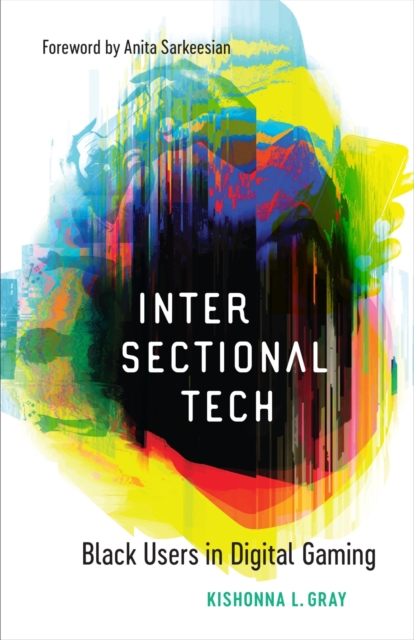
Intersectional Tech : Black Users in Digital Gaming
Gray, Kishonna L., Sarkeesian, Anita More by this author...£23.95PaperbackOut of stock
Please contact the shop to check availability
- Science & Tech
- Social Justice
- Anti-Racism, Decolonisation & Post-Colonial Thought
- Tech
In Intersectional Tech: Black Users in Digital Gaming, Kishonna L. Gray interrogates blackness in gaming at the intersections of race, gender, sexuality, and (dis)ability. Situating her argument within the context of the concurrent, seemingly unrelated events of Gamergate and the Black Lives Matter movement, Gray highlights the inescapable chains that bind marginalized populations to stereotypical frames and limited narratives in video games. Intersectional Tech explores the ways that the multiple identities of black gamers—some obvious within the context of games, some more easily concealed—affect their experiences of gaming. The normalization of whiteness and masculinity in digital culture inevitably leads to isolation, exclusion, and punishment of marginalized people. Yet, Gray argues, we must also examine the individual struggles of prejudice, discrimination, and microaggressions within larger institutional practices that sustain the oppression. These “new” racisms and a complementary colorblind ideology are a kind of digital Jim Crow, a new mode of the same strategies of oppression that have targeted black communities throughout American history. Drawing on extensive interviews that engage critically with identity development and justice issues in gaming, Gray explores the capacity for gaming culture to foster critical consciousness, aid in participatory democracy, and effect social change. Intersectional Tech is rooted in concrete situations of marginalized members within gaming culture. It reveals that despite the truths articulated by those who expose the sexism, racism, misogyny, and homophobia that are commonplace within gaming communities, hegemonic narratives continue to be privileged. This text, in contrast, centers the perspectives that are often ignored and provides a critical corrective to notions of gaming as a predominantly white and male space.